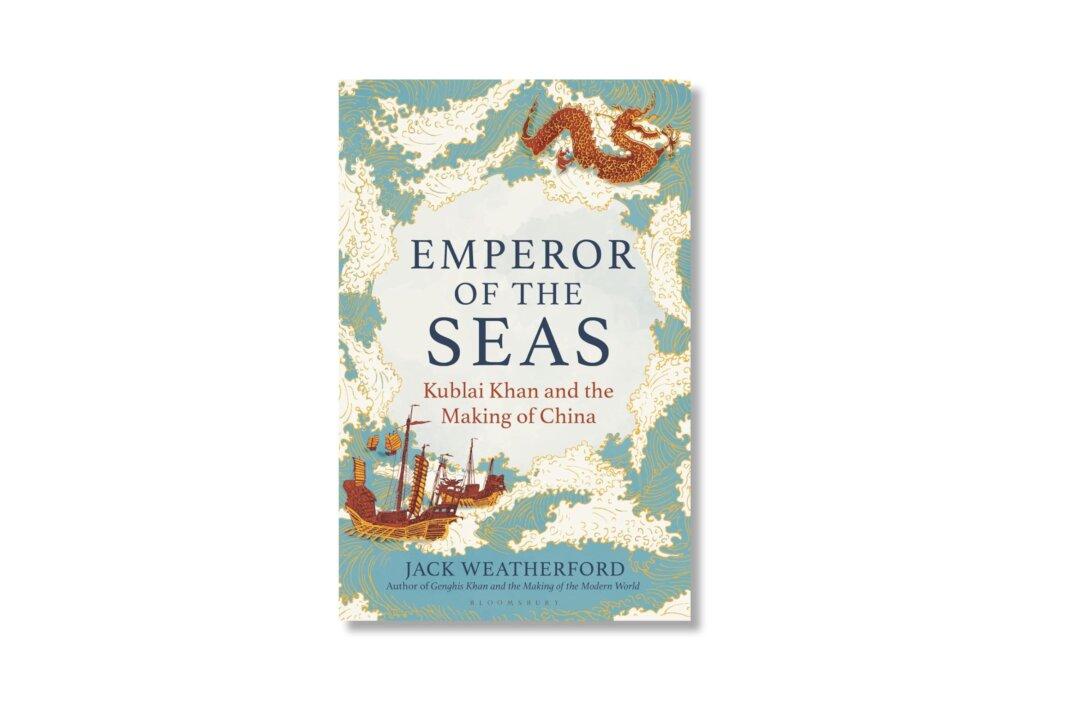Many today think of the Mongols as nomadic barbarians, whose horses were an integral part of their culture. A few know that the Mongols conquered China. Still fewer realize that the Mongol conquest was the result of transforming themselves into mariners. They then turned the Middle Kingdom into the world’s first naval superpower. For a century, China ruled the waves, much as Britain would in the 19th century.
How and why this happened is told in “Emperor of the Seas: Kublai Khan and the Making of China” by Jack Weatherford. It is a biography of Genghis Khan’s grandson and a history of the Yuan Dynasty he founded.






